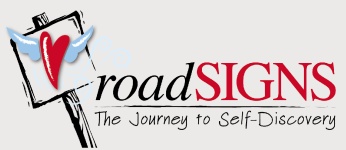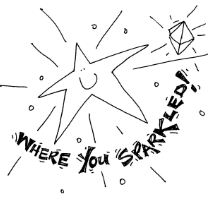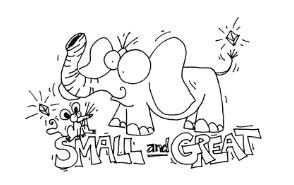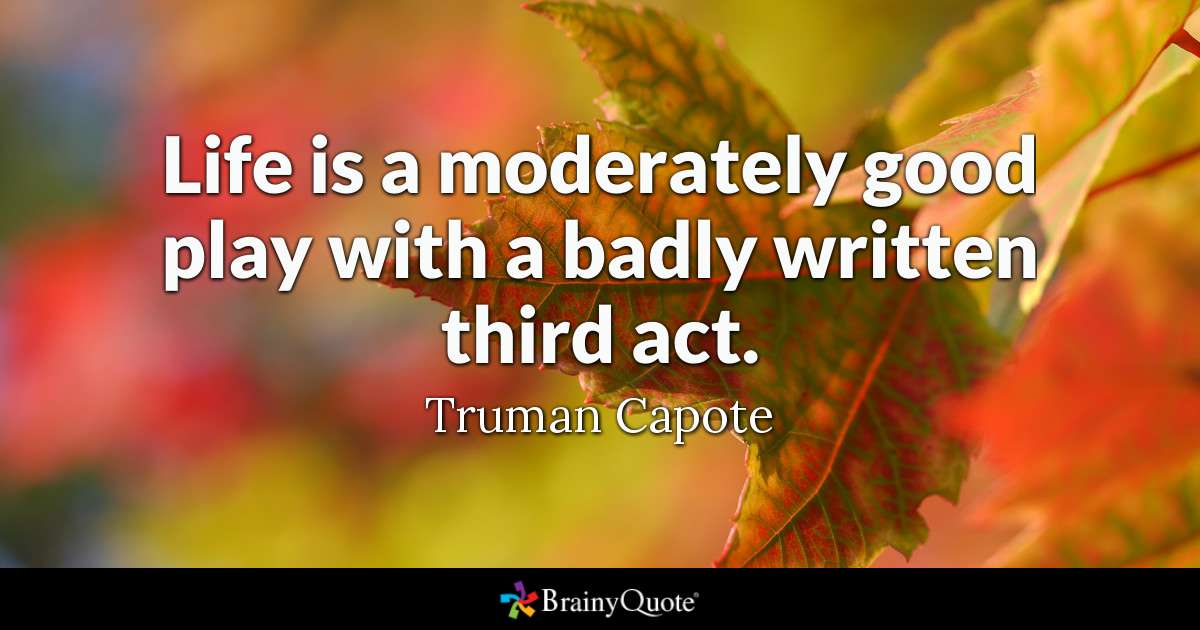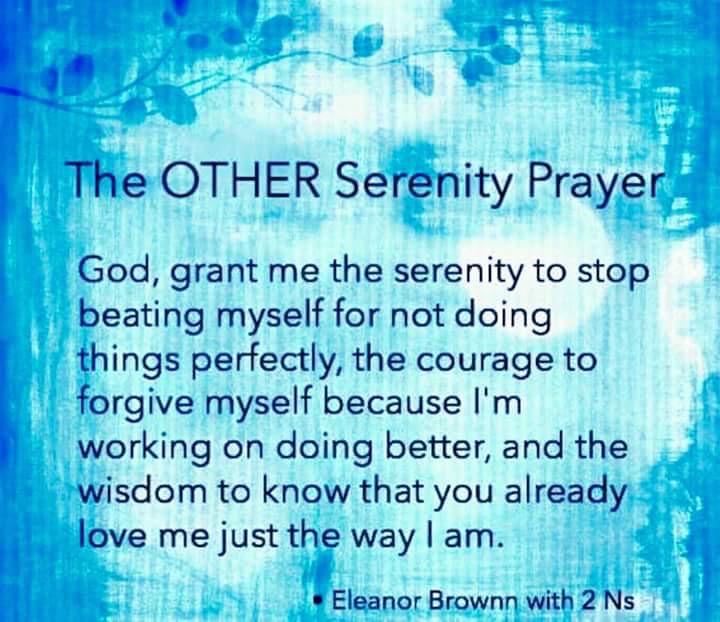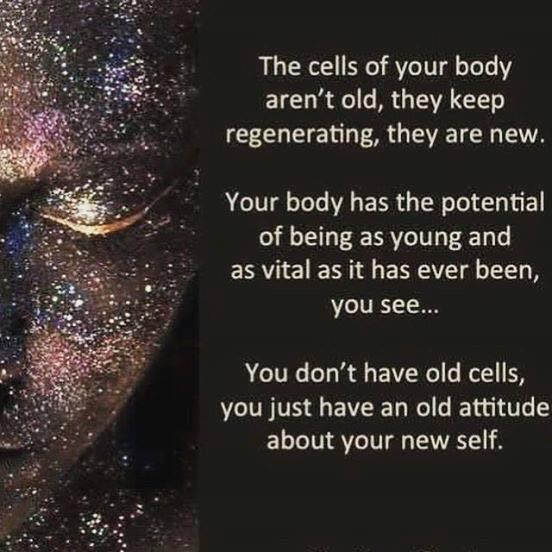Compassion seems to be the theme running through my life and the lives of others these days. It could also be that I am noticing all the signs as I prepare for a retreat mid-October entitled ‘The Healing Power of Self-Compassion’.
So what have I been noticing?
First is Ed, a 65 + fellow who was participating in a program called Choices and where I was a guest facilitator. My topic was the importance of goals and intentions. While the class was diverse, participants of different age groups as well as reasons for being there, it was clear that Ed was struggling with his Third Act choices.
Although my interaction with him was as part of the group, what I saw was an amazing fellow who did not believe in himself, his worth or what he had to offer the world. At the end of the morning he expressed his desire to simply find his voice and identify opportunities for feeling some level of confidence in speaking.
What was really holding him back was his self-critic, literally roaring in his ear. As I have learned, this voice generally shouts: “You are not worth it” and/or “Who do you think you are”. And that is very damaging, especially when it isolates you and makes you feel like you are the only person who has this voice.
Next is Eileen who I met just last evening. A former nurse and nurse educator, you can see that this is a woman with great knowledge and a desire to share. Because she is also a survivor of coronary disease, she also has firsthand knowledge of heart care for women. In other words, she is impressive.
In a conversation with her during a New Beginnings Workshop, she expressed her sense of being under-engaged, feeling a lack of purpose. The critical part of her was telling her that this was the time in her life for her to take care of her and that this was the most important focus. After all she had dedicated her life to caring for others. During our conversation I pointed out to her that this is not an either-or discussion. This is a trap I believe many of us fall into, that to focus on ‘ME FIRST” is a unilateral event however, by my definition ME FIRST is predicated on selfness – taking care of self so as to leverage one’s ability to care for others.
As our conversation continued, I suggested to Eileen that perhaps it was a ‘both-and’ conversation, that she could focus on self-care as well as continuing to offer her gifts to others. In doing so I encouraged her to dip into the past, her experiences and wisdom, harvest the gems and notice her passion, and attract opportunities for engaging these. As the discussion continued, I could see her simply ‘light-up’.
We Are Our Own Worst Enemy
For both Ed and Eileen, it was evident their self-critics were having a field day. This is the absence of self-compassion. The stories they were telling themselves, the criticism they were levying upon their shoulders, were undermining their enjoyment of life. They would never have dreamed of criticizing others in this way and this is what happens. You are much harder on yourself than you would ever be on others.
This needs to stop. All of us need to step into a role of being our own best friend and ally, that person who sits in our corner and lifts us up and stops putting us down. Trust me, self-criticism will never lead to happiness, only self-compassion can do that.
The Three Steps to Self-Compassion
Based on the research of psychologists Kristen Neff and Brene Brown, there are three essential components in cultivating self-compassion:
- Self-Kindness vs Self-Judgment
Self-kindness is simply easing up, being gentler and kinder in your comments to yourself. You can start by considering what you might say to someone else in a similar circumstance. What words of caring or encouragement would you offer a child, a spouse, a friend or a colleague facing a specific situation. Now offer those words to yourself. You are just as deserving, just as important, just as gifted. There is absolutely no need for you to put yourself down.
Secondly, when facing a situation where you are tempted to come down hard on yourself, think before you leap. Ask yourself what you really need at that moment. Do you really need more criticism making the situation worse, or do you need some loving kindness. Consider the difference this might make for you in moving forward. - Common Humanity vs Isolation
As someone who has great mastery in self-criticism, I can tell you that for many years I thought I was the only one who thought this way, who could be genuinely mean to myself. You see, this is something we just don’t talk about. Sometimes I wonder if we should have a party and all come as our respective self-critics!
When I began to discuss this with other about 20 years ago, I discovered very quickly that I was not alone, that most of us had a ‘Negative Nellie’ sitting on our shoulder who was willing to jump in at any point and reek emotional havoc.
The second aspect of self-compassion is to recognize that you are not alone, that being imperfect is part of the human experience. We all have an inner-critic – it is best to simply accept him/her, shake hands with that devil and move on. It is helpful to share his/her words and messages with others. You may be surprised at other people’s stories about themselves.
Also recognize that making mistakes, which is the self-critic’s fuel, is normal. And, not only is it normal, it is important for mistakes are where we learn and grow. - Mindfulness vs Over-Identification
So how do you start. My experience has been that much of the critical noise in my head is like elevator music. It is playing constantly and I am not mindfully aware of it. The first step in taming the critic is to become aware of what you are actually telling yourself, to pay attention to the thoughts, feelings and behaviours that are showing up.
Then you can exercise compassion and come back to kindness and ask yourself, “what would I rather think or feel? What other behaviors would be better for me?”
In other words, you begin learning to re-program the critic. You make compassionate choices which lift you up, which celebrate who you are, and which acknowledge your gifts.
This may seem like a lot of work, and it is, and it is important work.
A little compassion goes a long way and can help you have the most amazing Third Act journey. It no longer serves you to put yourself down, and it no longer serves anyone else either. It is time for you to live up to all the potential stored inside of you. This will be fueled by every ounce of compassion you can give yourself.
Take a look at this short video as well:
https://www.youtube.com/watch?v=_aceje28Kao&feature=youtu.be
